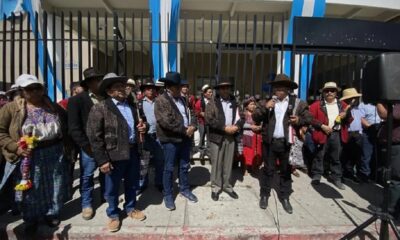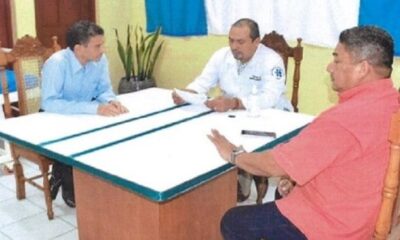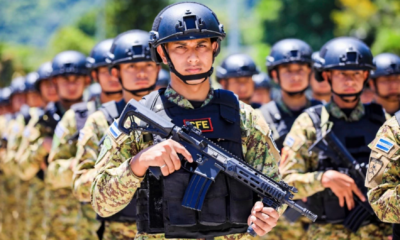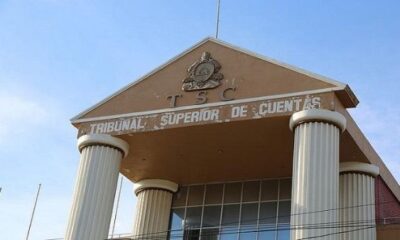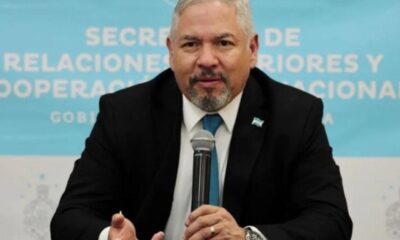Central America
Guatemalan Comptroller’s Office denounces members of TSE for fraud
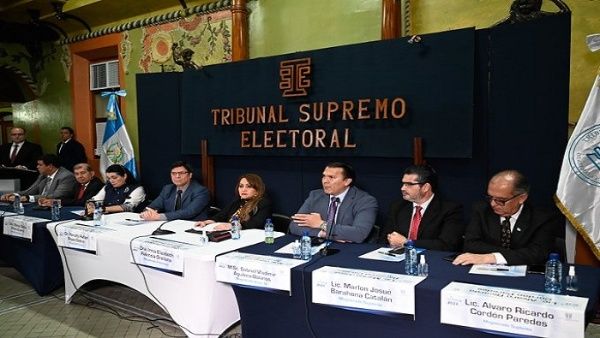
November 27 |
Guatemala’s Comptroller General’s Office (CGC) filed on Saturday a complaint with the Public Prosecutor’s Office (MP) against members of the Supreme Electoral Tribunal (TSE) upon detecting certain irregularities in the purchase of the computer system for the Transmission of Preliminary Electoral Results (TREP).
According to the Comptroller’s Office, the complaint stems from an audit process that showed the need to thoroughly investigate the process of search, purchase and acquisition of computer equipment for the TREP, especially from the overall cost of the process that amounted to 148 million quetzales (US$19,240,000).
“This result stems from findings of poor quality public spending on procured goods and contracted services, derived from poor planning. The CGC has no competence to know or audit the result of the 2023 electoral process, since it is solely the competence of the Supreme Electoral Tribunal”, he assured.
This process is in addition to the complaint filed by the MP against the magistrates of the Electoral Tribunal, Irma Palencia, Ranulfo Rojas, Gabriel Aguilera, Blanca Alfaro, Mynor Franco and the substitutes Álvaro Ricardo Cordón, Marco Antonio Cornejo and Marlon Josué Barahona, for fraud, breach of duties and abuse of authority in the contracting of the computer program.
The computer system was purchased as a result of the pre-trial filed by the Administrative Crimes Prosecutor’s Office against the magistrates of the TSE for alleged irregularities in the acquisition of said system, a process endorsed last November 7 by the Supreme Court of Justice (CSJ).
This caused the files to be transferred to the Guatemalan Congress, placing them under the scrutiny of the deputies, who would be in charge of the final decision to maintain or withdraw the immunity of the accused magistrates. Currently, the file is in the hands of an Investigative Commission.
Central America
Former Panama President Ricardo Martinelli flees to Colombia after 15 months in Nicaraguan embassy
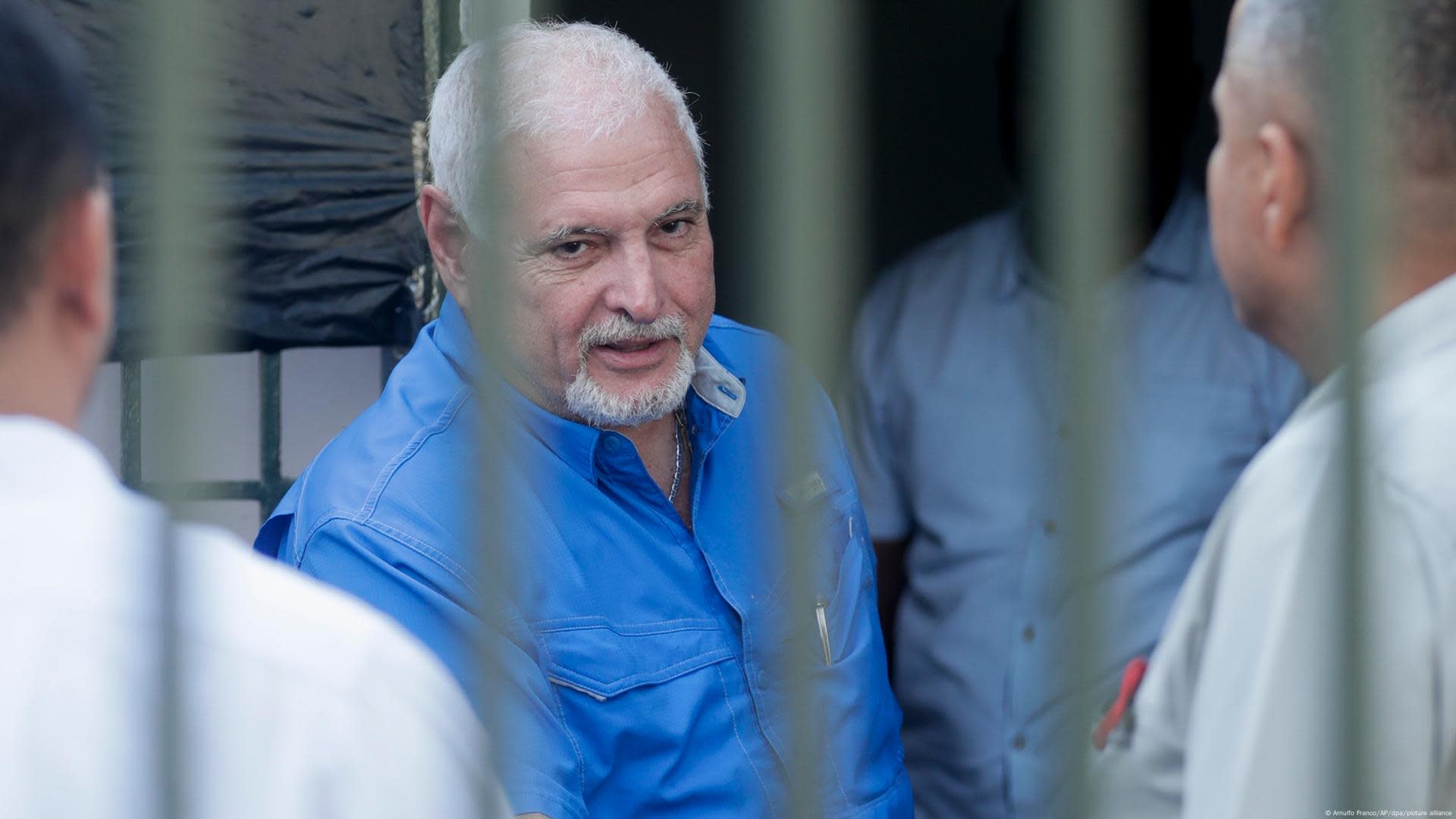
Former Panamanian President Ricardo Martinelli traveled to Colombia on Saturday after being granted asylum, ending a 15-month stay in the Nicaraguan embassy where he had taken refuge to avoid serving an almost 11-year prison sentence for money laundering, Panama’s Foreign Ministry announced.
The Panamanian government “granted the necessary safe conduct” for the “safe departure of the asylee, Panamanian citizen Ricardo Alberto Martinelli Berrocal,” to Colombia, whose government had approved his asylum request, the ministry said in a statement.
The 73-year-old right-wing former leader had been living in the Nicaraguan embassy since February 7, 2024, shortly after his conviction was upheld for using public funds to acquire a media group during his 2009–2014 presidency.
Martinelli, also a supermarket chain owner, left the embassy in a diplomatic vehicle and was taken to an airport from which he departed to Colombia, according to the statement, which did not provide further details.
In March, President José Raúl Mulino — a right-wing politician who won the May 5, 2024 elections largely due to Martinelli’s popularity — authorized safe conduct for Martinelli to travel to Managua. However, the Nicaraguan government, led by Daniel Ortega, refused to accept him, citing Panama’s failure to guarantee that the former leader was not subject to an Interpol red notice.
Despite his legal troubles, Martinelli remained highly popular in Panama and was the frontrunner in the 2024 presidential race until his conviction disqualified him. His close ally, Mulino, ultimately took his place as candidate and won the presidency.
International
VP JD Vance to World Cup visitors: “Enjoy the game, then go home”

U.S. Vice President JD Vance issued a light-hearted but firm warning to international visitors planning to attend the 2026 FIFA World Cup, which will be co-hosted by the United States, Canada, and Mexico.
“We know we’ll have visitors, probably from close to a hundred countries. We want them to come. We want them to celebrate. We want them to enjoy the games,” said Vance during a press conference on Tuesday focused on the organization of upcoming major sporting events in the U.S.
“But when it’s over, they’ll have to go home,” he added.
Vance, speaking in a joking tone, also mentioned Homeland Security Secretary Kristi Noem, saying, “Otherwise, they’ll have to speak with Secretary Noem.”
The comment came during the first joint working session aimed at preparing for the 2026 World Cup, which will feature 48 national teams and take place across multiple cities in North America.
Central America
Thousands of Guatemalan girls forced into motherhood due to sexual violence
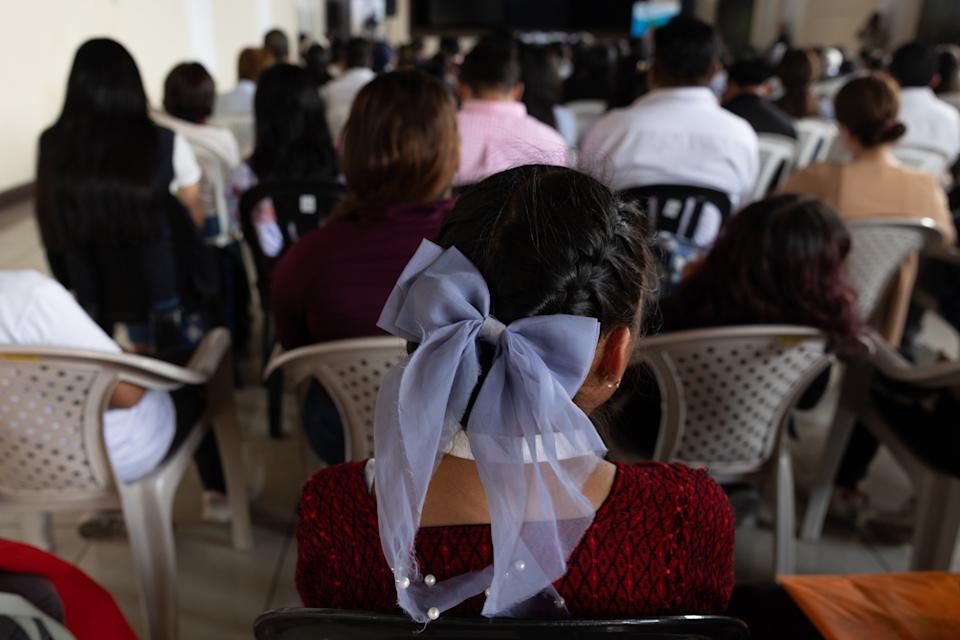
Each year in Guatemala, an average of 2,000 girls aged 10 to 14 become mothers as a result of sexual violence, and 99% of these cases go unpunished, according to a report released Wednesday by the Human Rights Office of the Archdiocese (ODHAG).
“Girls in the country live under state abandonment. They are exposed to a judicial and health system that, upon becoming pregnant, forces them into motherhood and to abandon their life plans,” said Dr. Mirna Montenegro, lead researcher of the investigation, during a press conference.
Montenegro emphasized that between 2022 and 2024, the Ministry of Health recorded 5,937 births to girls aged 10 to 14.
“What’s most alarming is that only 1% of these cases have been brought to court since 2018—just around 100 cases—and this doesn’t mean the accused rapists were convicted,” she stressed.
The investigation also found that the government program “VIDA”, created to support girls who are victims of sexual violence, served only 129 minors in 2024, despite 1,953 pregnancies reported among girls in that age group.
In addition, the report noted that in 2023, 3,064 cases of sexual violence against minors under 19 were reported nationwide. The majority of victims were girls aged 10 to 13.
The areas most affected by child pregnancies include Huehuetenango, Alta Verapaz, and Quiché in the north, as well as Guatemala City in the central region.
According to the most recent Ministry of Health data, as of February 2024, 1,041 girls under 14 had already become mothers. Another 1,005 girls of mestizo origin were also reported to have become mothers due to sexual violence.
-
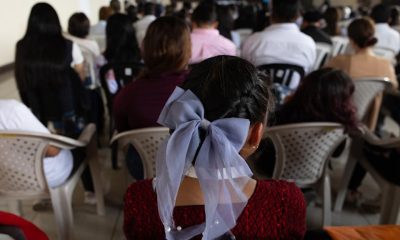
 Central America4 days ago
Central America4 days agoThousands of Guatemalan girls forced into motherhood due to sexual violence
-

 International3 days ago
International3 days agoBill Gates accuses Elon Musk of endangering the world’s poorest children
-

 Central America4 days ago
Central America4 days agoExperts urge action to protect democracy ahead of Honduras elections
-

 International3 days ago
International3 days agoVP JD Vance to World Cup visitors: “Enjoy the game, then go home”
-

 International3 days ago
International3 days agoGates Foundation to close by 2045 as Bill Gates pledges to donate $200 Billion
-

 International4 days ago
International4 days agoLong wait at the Vatican: experts defend lengthy papal election process
-

 International2 days ago
International2 days agoMaduro to Xi: Venezuela is a loyal friend to China
-

 International4 days ago
International4 days agoXiomara Castro’s government vows to protect citizens amid threat reports
-

 Internacionales3 days ago
Internacionales3 days ago“A great honor for our country”: Trump congratulates Pope Leo XIV
-

 International2 days ago
International2 days agoIberojet reaffirms commitment to Honduras as Central American Hub
-

 International2 days ago
International2 days agoHabeas Corpus at risk as Trump team eyes drastic border policy shift
-

 International3 days ago
International3 days agoStrong winds cause stage collapse in Mexico City; seven hurt
-

 International1 day ago
International1 day agoPope Leo XIV blesses mexican faithful during Vatican appearance
-

 International18 hours ago
International18 hours agoPope Leo XIV signals focus on social justice and AI challenges
-

 Central America18 hours ago
Central America18 hours agoFormer Panama President Ricardo Martinelli flees to Colombia after 15 months in Nicaraguan embassy
-

 International1 day ago
International1 day agoPope Leo XIV’s roots in Peru inspire hope for Amazon protection





































































